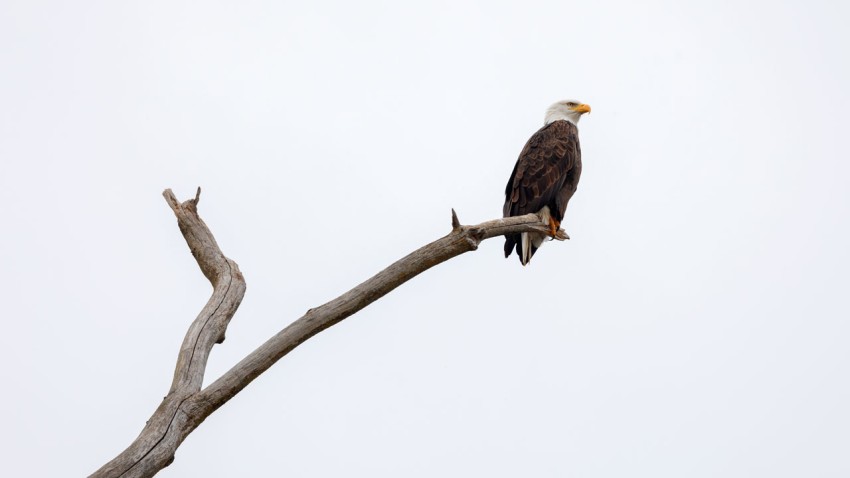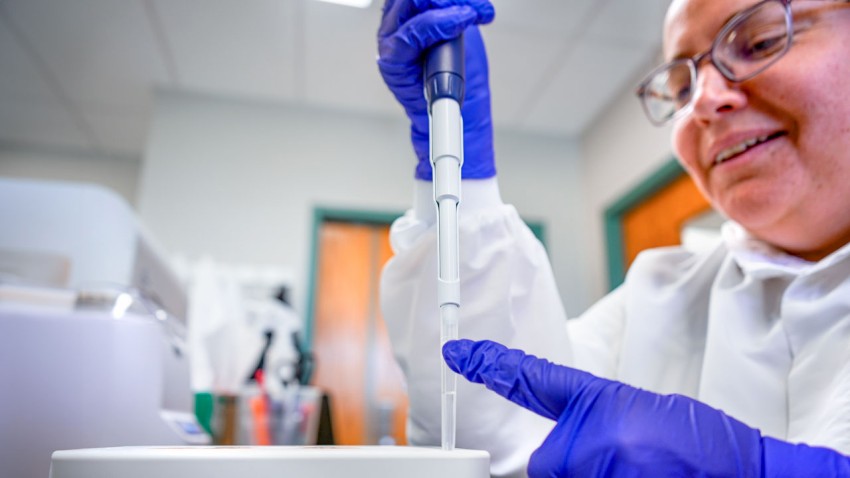News
Peter Kim ’79 will explore how vaccines work and provide an overview of some of the most influential vaccines in history.
The College of Veterinary Medicine and partners have launched a free online course, “Mental Health and Suicide Prevention in Rural America,” to give learners support strategies and resources to navigate mental health challenges in rural communities.
A massive multi-institution genomic survey of the Siberian husky has revealed that sled dogs descended from two distinct lineages of Arctic canids and originated in the northeastern Siberian Arctic generations earlier than previously thought.
The experiment gave researchers data on the rates at which stranded dolphins are found and reported, and identified areas where fewer decoys were detected, which may merit extra scrutiny by trained observers.
A two-day training program for the New York State Department of Homeland Security and Emergency Services helps local health officials and first responders convey key messages in a crisis.
Cornell innovation allows growers to use corn seed planting machines to plant strips of milkweed or wildflowers next to their fields.
Bald eagles are the most vulnerable to lead poisoning from hunters' ammunition of more than 30 species known to scavenge deer carcasses in New York state, Cornell research finds.
An antidote to pesticide poisoning in bees shows promising early results in tests done with common eastern bumblebees.
A new study from College of Veterinary Medicine researchers finds the first genetic evidence of feline coronavirus transmission between a captive wild cat and a domestic cat, a discovery that could help combat this little-known virus.
The Entrepreneurship Kickoff is hosted each year by Entrepreneurship at Cornell and drew than 300 students this year.










